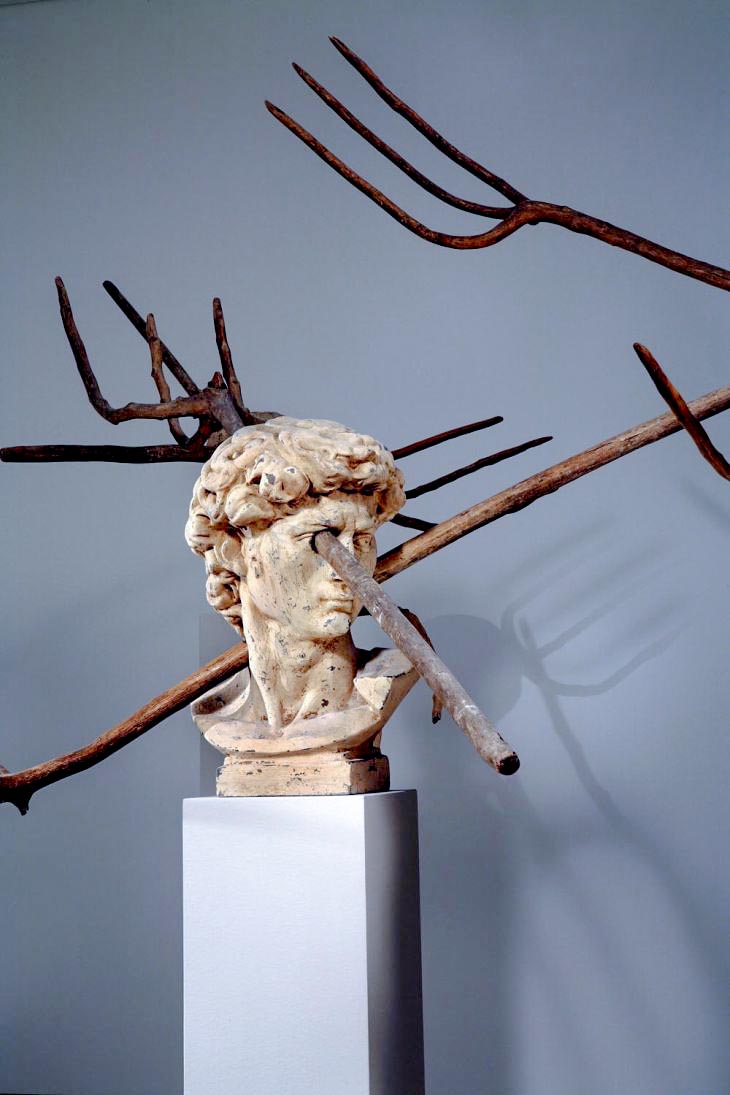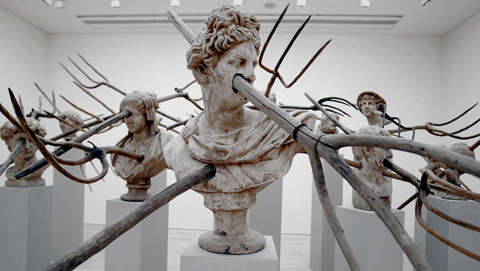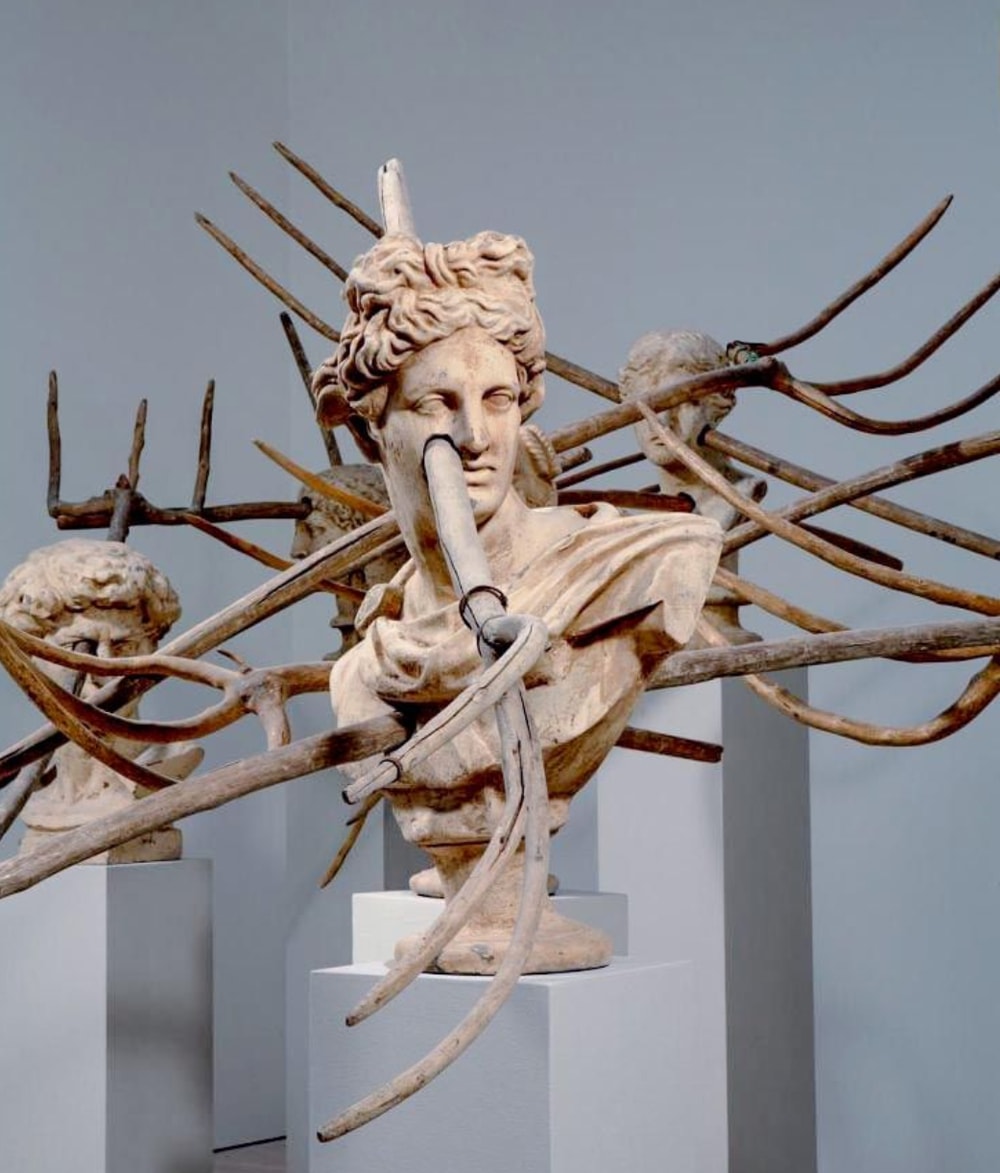Quotes from Carroll Quigley's (1910 - 1977) book "Tragedy and Hope" (1966):
"It is clear that the West believes in diversity rather than in uniformity, in pluralism rather than in monism or dualism, in inclusion rather than exclusion, in liberty rather than in authority, in truth rather than in power, in conversion rather than in annihilation, in the individual rather than in the organization, in reconciliation rather than in triumph, in heterogeneity rather than in homogeneity, in relativism rather than in absolutes, and in approximations rather than in final answers." - Pg. 1227 of Tragedy and Hope

"The powers of financial capitalism had another far-reaching aim, nothing less than to create a world system of financial control in private hands able to dominate the political system of each country and the economy of the world as a whole.
This system was to be controlled in a feudalist fashion by the central banks of the world acting in concert, by secret agreements arrived at in frequent private meetings and conferences.
The apex of the system was to be the Bank for International Settlements in Basle, Switzerland, a private bank owned and controlled by the world’s central banks which were themselves private corporations.
Each central bank, in the hands of men like Montagu Norman of the Bank of England, Benjamin Strong of the New York Federal Reserve Bank, Charles Rist of the Bank of France, and Hjalmar Schacht of the Reichsbank, sought to dominate its government by its ability to control Treasury loans, to manipulate foreign exchanges, to influence the level of economic activity in the country, and to influence cooperative politicians by subsequent economic rewards in the business world." - Pg. 324 of Tragedy and Hope

“There does exist an international Anglophile network which we may identify as the Round Table Groups. I know of the operations of this network because I have studied it for twenty years and was permitted for two years, in the early 1960’s, to examine its papers and secret records. I have no aversion to it or to most of its aims and have, for much of my life, been close to it and to many of its instruments. I have objected to a few of its policies but in general my chief difference of opinion is that it wishes to remain unknown, and I believe its role in history is significant enough to be known.” - Pg. 950 of Tragedy and Hope
